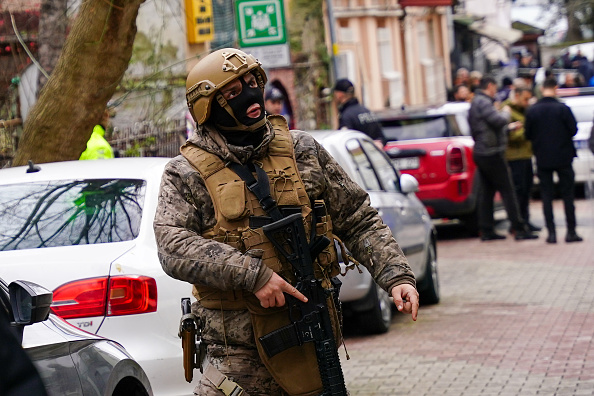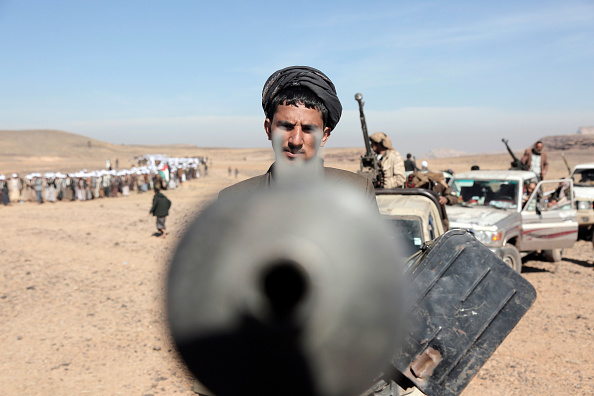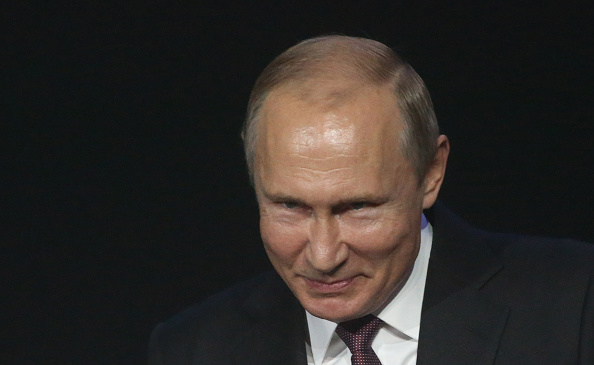Marking perhaps the inglorious end to France’s lengthy imperial connections with Africa, French President Emmanuel Macron’s Defence Council will cut the country’s West African military presence to a handful.
Unfortunately, Africa analysts tell Brussels Signal, that will create a vacuum Russia is looking to quickly fill.
France had long been a principal player countering the spread of jihadist groups in Africa, particularly in the Sahel region, just south of the Sahara desert.
Paris had to pull its soldiers out of Mali in 2022, Burkina Faso and Niger in 2023, following coups in each country.
The Russian-backed Wagner Group mercenaries were closely associated with the coup leaders and, experts say, Moscow’s influence will only tighten its grip in the region following France’s retreat.
“Russian diplomacy reminds the region of present and past French ‘repressive’ means of power”, Anesu Dhliwayo, a UK-based political analyst from Zimbabwe, told Brussels Signal on February 6.
Macron has now decided to cut France’s remaining presence in Gabon, Ivory Coast and Senegal to around 100 personnel in each. Ivory Coast’s capital Abidjan, previously a hub for French regional military activities, currently has 950 French personnel.
Gabon capital Libreville and Senegal’s Dakar had housed 350 each.
France’s army “won’t be as present permanently, will be less stationary and also less exposed”, Macron said on December 21. That came as the last French military aircraft and troops left Niger the day before a deadline set by the country’s new junta, which had taken control in August 2023.
“We’d like to move quickly [from] a model where we had a significant presence in the capitals to a much smaller footprint,” a source in the Élysée Palace told Le Monde on January 31.
In “this vacuum” left by a withdrawing France, Wagner has presented itself as “guarantor of security against the terrorists” France’s anti-jihadi operations were meant to combat, said Dhliwayo.
Jihadi operations by ISIS and al Qa’eda have killed 41,000 people in West Africa since 2017, according to the Wall Street Journal on January 3. It added that “the disorder has created an opening for Russia to deepen political and military ties in the region”.
The military juntas that overthrew elected governments in Mali, Burkina Faso and Niger have strengthened their popularity at home by kicking out French soldiers who were reportedly helping those governments combat the jihadists.
Agbor Desmond Tabe, a lawyer and researcher in Cameroon, told Brussels Signal that France has “learned its lesson in Niger, Burkina Faso, and Mali” and now “doesn’t want to repeat the same mistake with Senegal, Gabon and the Ivory Coast”.
Maintaining a military presence there “will only further support the idea that the leaders in these countries are merely puppets of France”, he added.
It is a lesson Macron apparently came to learn reluctantly.
Shortly after Mali’s August 2020 military coup overthrowing then-president Ibrahim Boubacar Keïta, senior US officials travelled to Paris for a “discreet” meeting with France’s top Africa diplomats at the Élysée Palace.
The coup followed months of protests against Keïta for his alleged links with Mali’s former colonial power, in a country that was also at the epicentre of the world’s largest Islamist insurgency.
France proposed four Malian politicians as successors to Keïta, a source told The Wall Street Journal on January 9. US officials declined to offer their support.
“Russia and China have proven to be better allies than France has ever been to her former French colonial territories,” said Tabe.
Moscow and Beijing are able to play on “public opinion in most former French colonial African countries” that “France has overstayed its welcome in the region”, he said.
Russia, in turn, is bypassing Western sanctions by replacing France in an area French leaders had, since late former president Charles De Gaulle, considered to be Paris’ pré carré or “natural zone of influence”.
Dhliwayo said Russia has used its “growing influence and operations in the extractive industry of precious metals, which are balancing the set of sanctions against Kremlin aggression in Ukraine”.
The administration of US President Joe Biden also has slashed its aid, including cutting its troop numbers in Niger to 650 from 1,100.
The US has restrictions on aid to governments taking power through coups and is reportedly looking to station drones in Ghana, the Ivory Coast and Benin to combat jihadi threats, rather than contingents of soldiers on the ground there.





